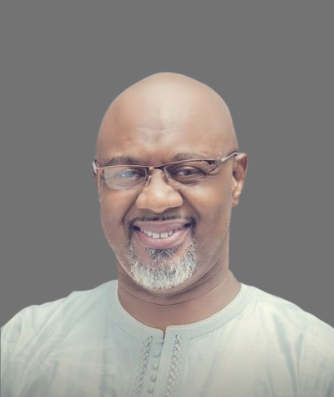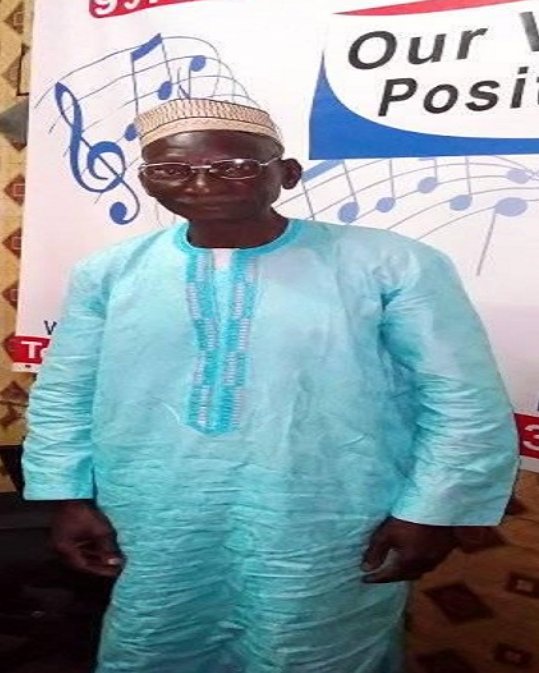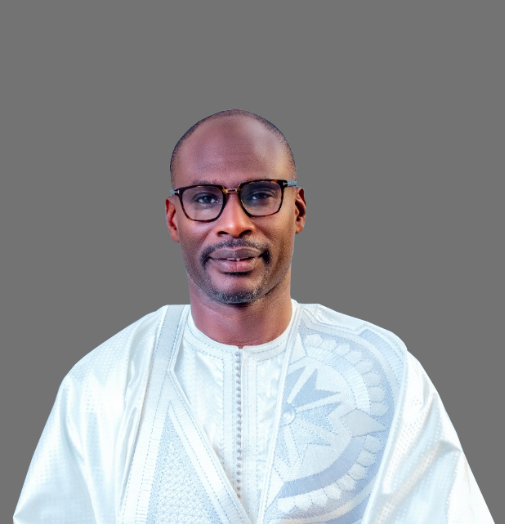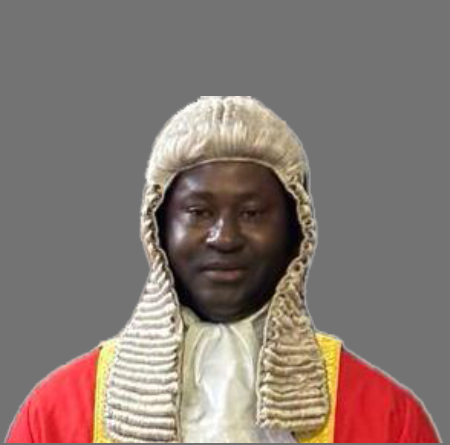
The opposition United Democratic Party UDP has criticised the Independent Electoral Commission’s decision to allow the ruling National People’s Party and among four other parties to extend its congress in violation of the electoral law which mandated them to hold a congress latest December.
In a statement issued yesterday, the UDP said this act raises concerns about the IEC’s “impartiality” and question its “ability to enforce laws when the violator is the party in power.”
-The commission confirmed it has granted permission to the NPP and 4 other parties to extend their congresses after failing to meet the deadline of December 31st 2024 in line with the 2015 Elections Amendment law that requires parties to hold a congress at least every two years.
In its reaction, the UDP which has held its congress, said it is “outraged” that a referee who confirms a violation would at the same time opt for a dialogue instead of enforcing its own rules and regulations.
“The constant disregard for provisions of the law by the NPP and the government it constitutes is a violation of the tenets of the rule of law, and the IEC must not be seen to be complicit in that act by failing to enforce the law. We recall that soon after its registration in 2019, NPP failed to meet this requirement and sought an extension from the IEC, which was granted. Failing to meet the deadline by December 31, 2024, they [NPP] have failed to fulfil their obligations under the law and have sought another extension. We understand that unforeseen circumstances could thwart plans, but this serial violation of electoral laws and IEC’s continued leniency calls for an explanation. The public is owed that much when laws are violated. The IEC has thus far failed to offer any explanations to justify the extension or to justify their failure to enforce electoral laws following a repeat of the offence,” the party said.
In reference to a statement by IEC’s Communications Director, Pa Makan Khan, who told The Standard that the commission prefers “engagements over harsh sanctions,” the UDP charged: “Why would one’s preference supersede the sanctions laid out by law after they have been violated? It is not the job of the IEC to negotiate the law on behalf of any party. When violations occur, the stipulations are clear, and we expect enforcement from the referee”.
The party said the commission also needs to let the public know if they have given a specific deadline by which the legal obligations must be met, or if parties are given free rein to determine when to hold their congress after failing to meet the deadline.
“Extension of deadlines is not the issue here; the repeat violation and the lack of explanation or consequence is the query, and we await a detailed explanation from the IEC for the public,” the UDP said.



